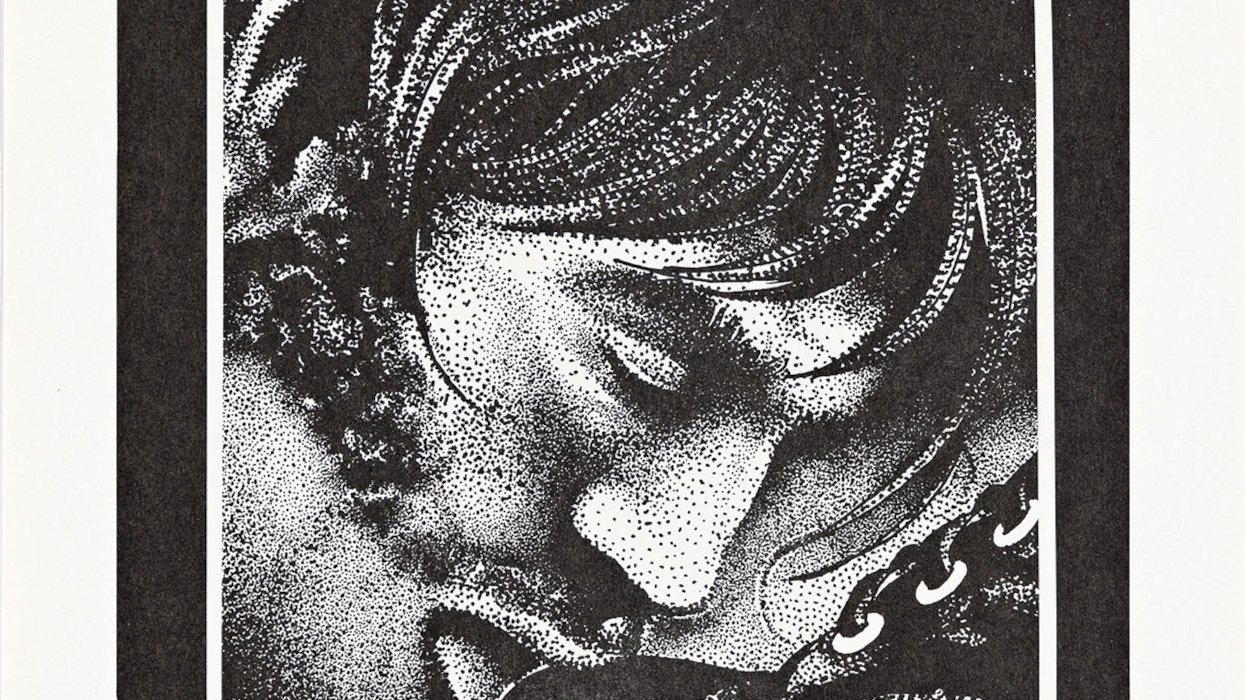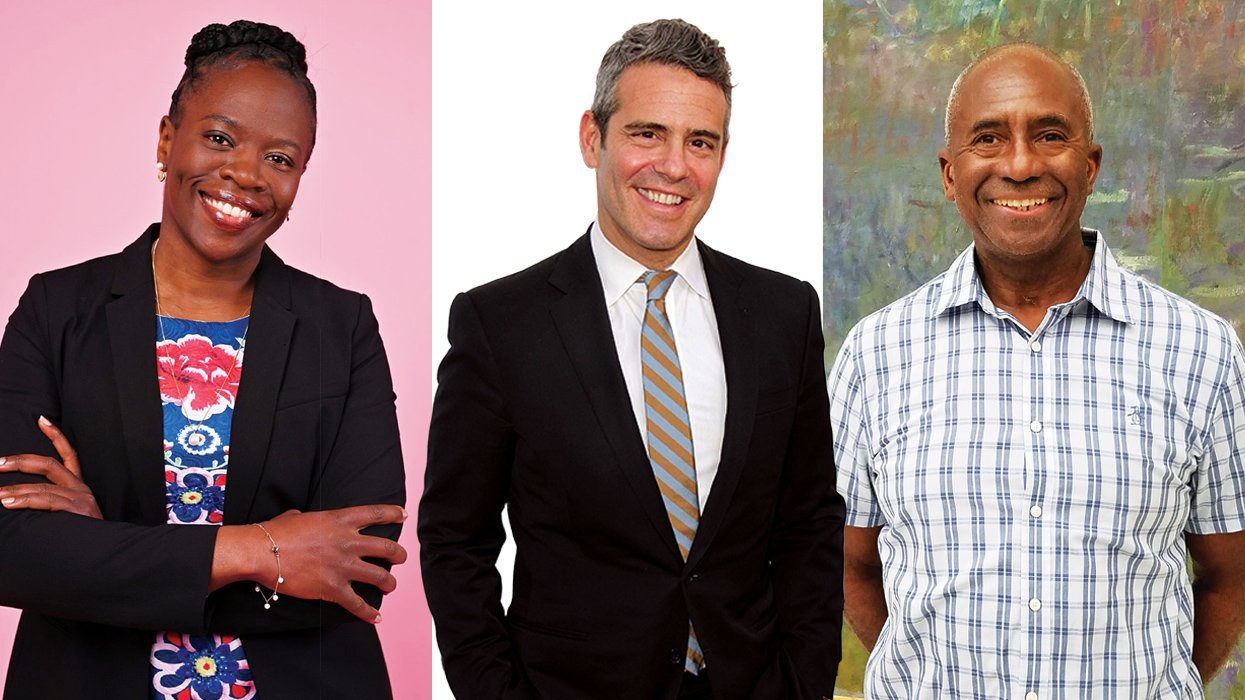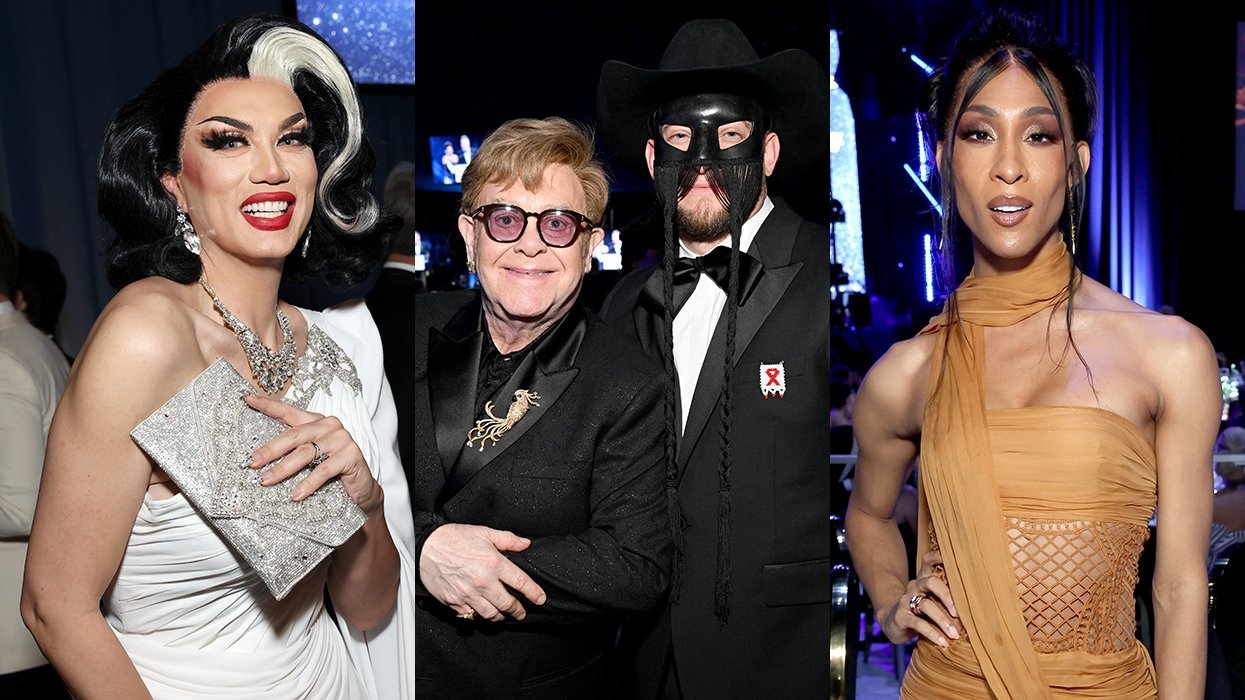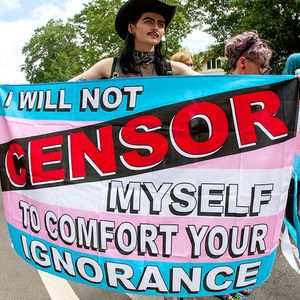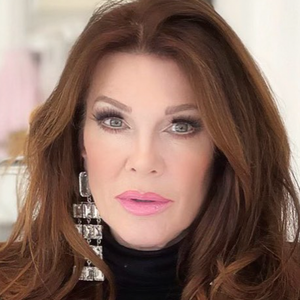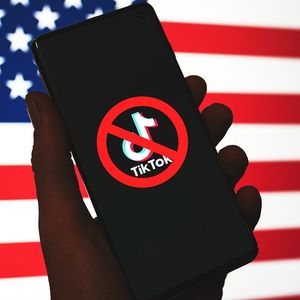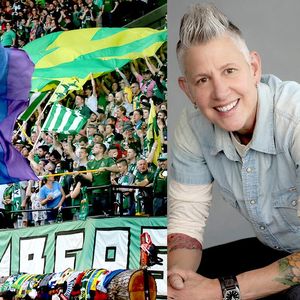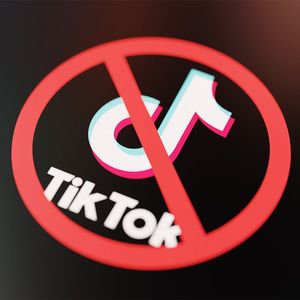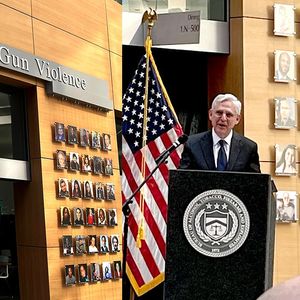
Treatment GuideJust DiagnosedSex & DatingAfrican AmericanStigmaAsk the HIV DocPrEP En EspañolNewsVoicesPrint IssueVideoOut 100
CONTACTCAREER OPPORTUNITIESADVERTISE WITH USPRIVACY POLICYPRIVACY PREFERENCESTERMS OF USELEGAL NOTICE
© 2024 Pride Publishing Inc.
All Rights reserved
All Rights reserved
By continuing to use our site, you agree to our Private Policy and Terms of Use.
When I first started to reveal more of myself here--my feelings, insecurities, struggles--I faced a couple of sources of anxiety. The surface one, which I mentioned at the time, had to do with my role as a therapist in a large urban area, worrying about what it would mean to my clients if they read my personal reflections. That anxiety was offset by reminding myself of my primary purpose here--not as a therapist, not as an expert, not as a consultant. Instead, my purpose was to share my inmost struggles as a fellow human being affected by HIV. My role changed from one of clinical distance to one of warm familiarity. This was the easier anxiety to admit because I could hide under the pretense that it was only related to how disclosure compromised my professional self. The deeper anxiety--and the one I wasn't aware of at the time--was the fear of being known. By this, I mean the fear of sharing myself with countless others. My fear that others would see how I struggle. My fear of being exposed as someone who did not have all the answers. My fear of being vulnerable. The dilemma of revealing myself had more to do with the challenges of being honest, first with myself and then with others, than it did with my professional obligations or clinical training. Over the years I have been vulnerable with many people, including my friends, boyfriends, therapist, and others in recovery. And the truth is that it does get easier each time. However, even with these experiences it's easy to forget the relief and healing that come with the truth. Why is it easy to forget this? The cumulative effect of many years of shame paralyzed me and distorted my perception of others, focusing my attention more on moments in which I was rejected than when I was accepted. It appeared under these circumstances that rejection was more likely. I believe that it became safer (and ultimately easier) to inhabit the shadows of isolation than the sunlight of human company. It became safer and easier to be the one who had the answers for others rather than the one who didn't for himself. Regardless of the reasons for how this happened, there was one primary way out: courage, which, as others have said, is doing the right thing in the presence of fear. Part of this has involved simply noticing that voices of acceptance exist, for how can one experience acceptance if it feels impossible? Then I pay more attention to these voices than those of rejection. And then after realizing that acceptance is possible, I take what feels like a huge risk and admit my vulnerability to being human, to hurting, to appearing childish, petty, needy. It involves admitting that I don't have the answers but am willing to inhabit the questions. This process is a series of miracles--for us all. Perhaps the first is that voices of acceptance exist at all. Perhaps another is that we're capable of hearing them. Perhaps another is that we can step out of the shadows of shame and isolation. And most definitely another is that we see we are not alone, that we are humans among humans, and we smile. In the course of writing these articles I've lightened up because in writing my truth to myself and sharing it with others I can no longer pretend it's not there. I can be myself.
Want more breaking equality news & trending entertainment stories?
Check out our NEW 24/7 streaming service: the Advocate Channel!
Download the Advocate Channel App for your mobile phone and your favorite streaming device!
From our Sponsors
Most Popular
Before AIDS, gay artist Rex drew hot men on the prowl — then he disappeared
April 11 2024 3:15 PM
Diets that mimic fasting reverse aging: study
March 07 2024 5:28 PM
The Most Amazing HIV Allies & Advocates of 2023
November 03 2023 12:51 PM
PrEP without a prescription now a reality in California
February 06 2024 8:37 PM
This OnlyFans Star Is Trying to Raise $100K to Fight HIV
December 26 2023 3:05 PM
Injectable HIV treatment, prevention: Everything you need to know
March 26 2024 3:28 PM
The naked Black body takes center stage in this HIV campaign
January 03 2024 1:07 PM
8 dating tips for gay men from a gay therapist
March 21 2024 2:50 PM
Mr. Gay World wants to make sure you're OK
January 02 2024 4:56 PM
Plus: Featured Video
Latest Stories
The government failed on mpox. Ritchie Torres's new bill addresses that
April 18 2024 1:21 PM
On Anal Sex Day, crack up with The Bottom's Digest
April 18 2024 10:22 AM
Todrick Hall has long supported the communities he comes from
April 17 2024 12:02 PM
Our May/June issue of Plus is here!
April 17 2024 12:00 PM
Giselle Byrd is taking center stage — and helping others do the same
April 10 2024 2:24 PM
Discover endless fun at The Pride Store: Games & electronics for all ages
April 09 2024 4:25 PM
Mean Girls' Daniel Franzese on playing an HIV+ character
April 09 2024 3:57 PM
HIV-positive Air Force, Navy servicemembers victorious in lawsuit
April 09 2024 3:02 PM
Unlocking a new level of beauty with Dr Botanicals' ethical skincare line
April 08 2024 3:40 PM
Unleash your wild side with The Pride Store’s beginner’s guide to kink
April 08 2024 3:35 PM
Why are mpox cases in the U.S. on the rise again?
April 08 2024 1:30 PM
Happy national foreskin day!
April 04 2024 1:45 PM
Adult entertainment icons Derek Kage & Cody Silver lead fight for free speech
April 03 2024 3:06 PM
LGBTQ+ patients twice as likely to face discrimination: survey
April 02 2024 4:57 PM
Spring into The Pride Store’s top new arrivals for April
April 02 2024 4:39 PM
Nashville PD Must Pay HIV-Positive Man Denied a Job
April 01 2024 6:22 PM
Common has a message on how to foster self-love
March 29 2024 7:33 PM
Listen to Dr. Levine: Take syphilis seriously
March 28 2024 6:40 PM
Breaking boundaries in gender-free fashion with Stuzo Clothing
March 27 2024 2:15 PM


